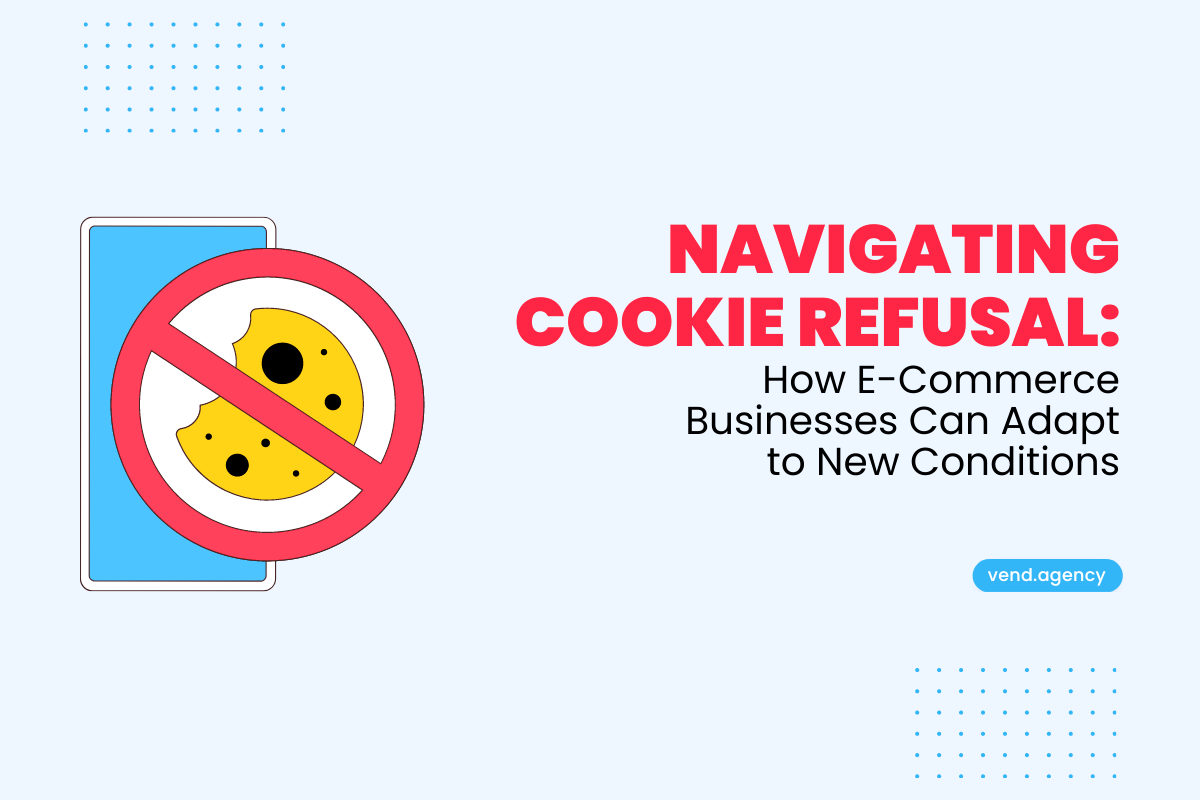
Navigating Cookie Refusal: How E-Commerce Businesses Can Adapt to New Conditions
In recent years, consumer awareness and concern about privacy have led to increased cookie refusal rates. This shift presents a challenge for e-commerce businesses reliant on cookies for tracking user behavior, personalizing ads, and improving the online shopping experience.
Cookies have traditionally been a cornerstone of digital marketing strategies, allowing businesses to collect data on user activities and preferences. However, with growing privacy concerns and stricter regulations like the GDPR and CCPA, more users are choosing to refuse cookies. This refusal can disrupt analytics, ad targeting, and personalization efforts, ultimately affecting sales conversions.
Strategies to Adapt to Cookie Refusal
1. Shift your focus from third-party cookies to first-party data, which is collected directly from your interactions with customers. Encourage customers to sign up for accounts, subscribe to newsletters, or participate in loyalty programs. This data is not only more reliable and compliant with privacy laws but also gives you deeper insights into your customers’ preferences and behaviors.
2. Make your cookie consent banners more informative and user-friendly. Clearly explain what data you collect and how it benefits the user, such as personalizing content or improving site functionality. Offering a granular consent option where users can choose what types of cookies to accept can also help increase acceptance rates.
3. Explore analytics tools that do not require cookies or that anonymize data to protect user privacy. These tools can still provide valuable insights into website traffic patterns and user engagement without infringing on privacy.
4. Instead of relying solely on personalized ads based on user tracking, consider contextual advertising, which targets ads based on the content of the website. This method does not require personal data and is less affected by cookie refusal.
5. As reliance on personalized ads decreases, the importance of SEO and content quality increases. Focus on optimizing your site content to attract organic traffic. High-quality, engaging content tailored to your target audience can help increase visibility and attract more visitors naturally.
6. Keep an eye on emerging technologies that offer alternatives to cookie-based tracking. For example, machine learning models can predict user preferences based on limited data inputs, and blockchain technology can offer new ways to handle user data with increased transparency and security.
7. In an era where privacy is a priority, building trust with your customers is more important than ever. Be transparent about your data practices and actively show how you protect customer information. Trust can turn first-time visitors into loyal customers.
A great way to start getting to know your business - just to call. Leave a form, and we will delve into your enterprise challenges and offer the best solutions.
